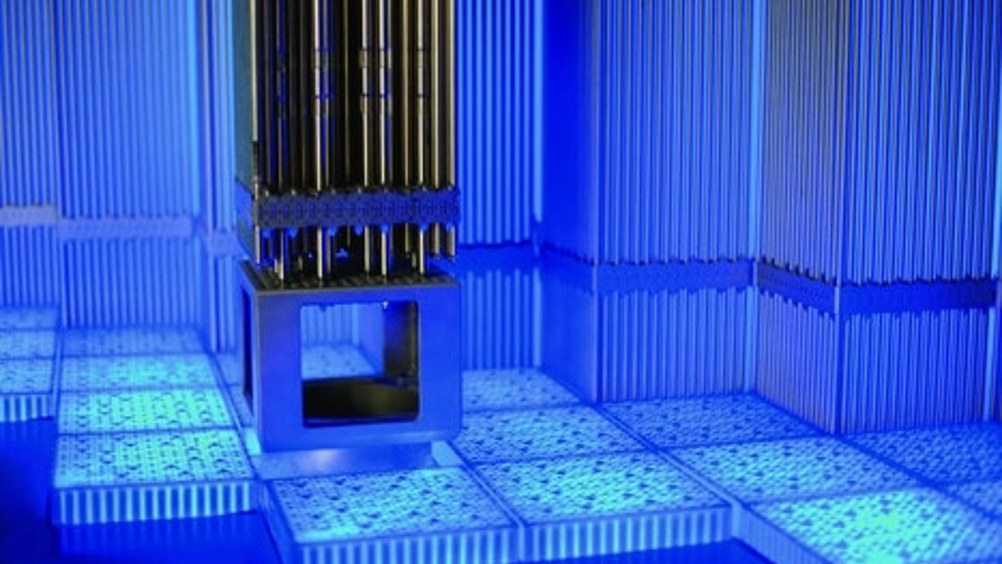Materials study aims at improving nuclear reactor performance
Materials critical to the safe and profitable operation of nuclear reactors are to be examined by the recipient of a Royal Academy of Engineering Research Fellowship.

Dr Ben Britton, a nuclear metallurgy fellow at Imperial College London’s Department of Materials, will use the award to further the understanding of two alloys used to build reactor cladding, tubing and heat exchangers.
Britton said his particular focus will be on Inconel, which is typically used in the primary circuit, and zirconium alloys used for fuel cladding.
He said that successful fuel cladding – a hollow tube just a few millimetres thick – has to allow neutrons and heat to get out of the fuel in a high- temperature water environment of somewhere around 300o/350oC. Furthermore, zirconium is subject to residual stress due to irradiation swelling.
In 1992 the International Atomic Energy Authority noted in Corrosion of zirconium alloys in nuclear power plants that the overall costs to the US industry from materials problems could amount to as much as $10bn annually.
Britton’s area of expertise is in the systematic measurement of residual stress via measuring stress and strain within individual grains in a polycrystalline material and it is this level of accuracy that will inform new designs that will aim to avoid such cost penalties.
Register now to continue reading
Thanks for visiting The Engineer. You’ve now reached your monthly limit of news stories. Register for free to unlock unlimited access to all of our news coverage, as well as premium content including opinion, in-depth features and special reports.
Benefits of registering
-
In-depth insights and coverage of key emerging trends
-
Unrestricted access to special reports throughout the year
-
Daily technology news delivered straight to your inbox










Water Sector Talent Exodus Could Cripple The Sector
Well let´s do a little experiment. My last (10.4.25) half-yearly water/waste water bill from Severn Trent was £98.29. How much does not-for-profit Dŵr...